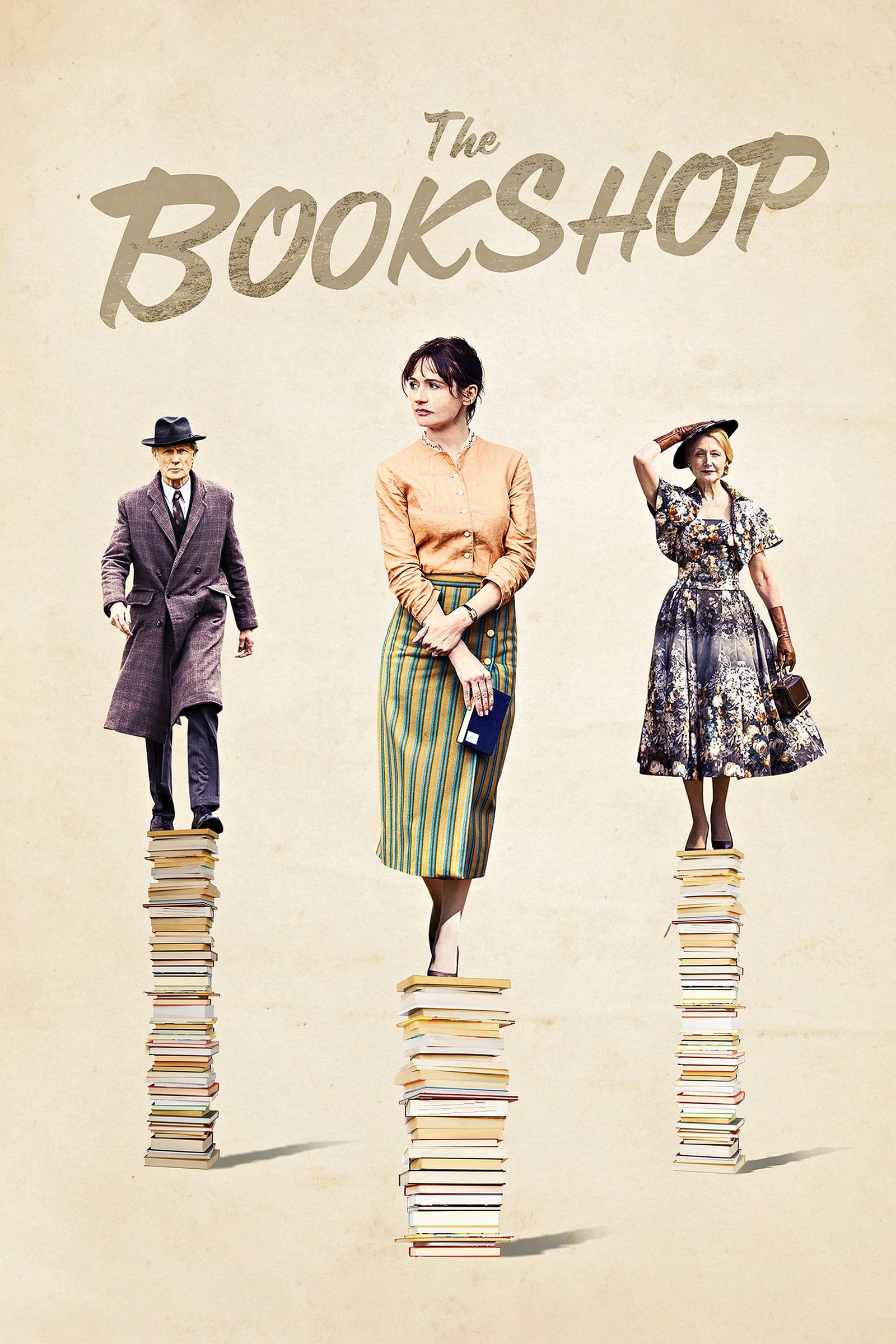Biography
Penelope Mary Fitzgerald (17 December 1916 – 28 April 2000) was a Booker Prize-winning novelist, poet, essayist and biographer from Lincoln, England. In 2008 The Times listed her among "the 50 greatest British writers since 1945". The Observer in 2012 placed her final novel, The Blue Flower, among "the ten best historical novels". A.S. Byatt called her, "Jane Austen’s nearest heir for precision and invention." Penelope Fitzgerald was born Penelope Mary Knox on 17 December 1916 at the Old Bishop's Palace, Lincoln, the daughter of Edmund Knox, later editor of Punch, and Christina, née Hicks, daughter of Edward Hicks, Bishop of Lincoln, and one of the first women students at Oxford. She was a niece of the theologian and crime writer Ronald Knox, the cryptographer Dillwyn Knox, the Bible scholar Wilfred Knox, and the novelist and biographer Winifred Peck. Fitzgerald later wrote: "When I was young I took my father and my three uncles for granted, and it never occurred to me that everyone else wasn't like them. Later on, I found that this was a mistake, but I've never quite managed to adapt myself to it. I suppose they were unusual, but I still think that they were right, and insofar as the world disagrees with them, I disagree with the world."She was educated at Wycombe Abbey, an independent girls' boarding school, and Somerville College, Oxford University, where she graduated in 1938 with a congratulatory First, being named a "Woman of the Year" in Isis, the student newspaper. She worked for the BBC in the Second World War. In 1942 she married Desmond Fitzgerald, whom she had met in 1940 at Oxford. He had been studying for the bar and enlisted as a soldier in the Irish Guards. Six months later, Desmond's regiment was sent to North Africa. He won the Military Cross in the Western Desert Campaign in Libya, but returned to civilian life an alcoholic.In the early 1950s the couple lived in Hampstead, London, where she had grown up. They co-edited a magazine called World Review, in which J. D. Salinger's "For Esmé with Love and Squalor" was first published in the UK, as were writings of Bernard Malamud, Norman Mailer, and Alberto Moravia. Fitzgerald also contributed, writing about literature, music and sculpture. Soon afterwards Desmond was disbarred from the legal profession for "forging signatures on cheques that he cashed at the pub." This led to a life of poverty for the Fitzgeralds. At times they were even homeless, living for four months in a homeless centre and for eleven years in public housing. To provide for her family in the 1960s, Fitzgerald taught at a drama school, Italia Conti Academy, and at Queen's Gate School, where her pupils included Camilla Shand (later Queen Camilla). She also taught "at a posh crammer", where her pupils included Anna Wintour, Edward St Aubyn, and Helena Bonham Carter. Indeed, she continued to teach until she was 70 years old. For a while she worked in a bookshop in Southwold, Suffolk, and in another period lived in Battersea on a houseboat that sank twice – the second time for good, destroying many of her books and family papers.
The couple had three children: a son, Valpy, and two daughters, Tina and Maria. Penelope Fitzgerald died on 28 April 2000.
Filmography
all 1
Movies 1
Writer 1
Information
Known ForWriting
GenderFemale
Birthday1916-12-17
Deathday2000-04-28 (83 years old)
Birth NamePenelope Mary Knox
Birth PlaceLincoln, United Kingdom
FatherE. V. Knox
MotherChristina C. Hicks
CitizenshipsUnited Kingdom
AwardsMan Booker Prize, Booker Prize
This article uses material from Wikipedia.
 Penelope Fitzgerald
Penelope Fitzgerald- Filmography
- Information
